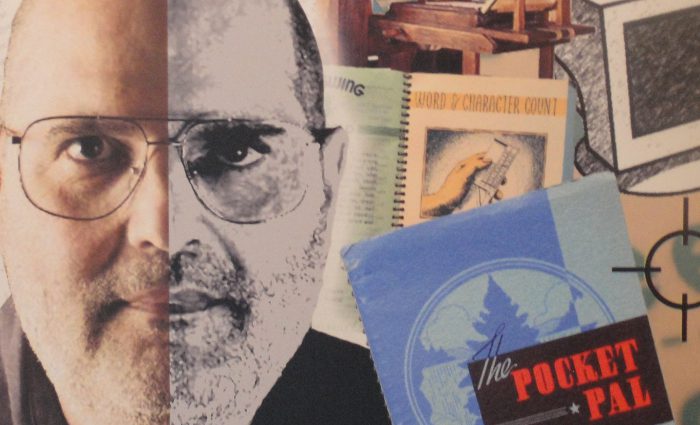
The invention of the book gave us random access over the scroll. Early computers required you to scroll through a book; today you can page through a book, listen to it, watch it, interact with it.
The number of 17-year-olds who have not read a book for pleasure has tripled in the last decade. The transition from print to digital has slowed; print book volumes stabilised; e-book sales are decelerating. For now.
E-book content can also be text-to-speech, like paper that talks to you. Putting video into e-books is like putting captions in movies. I thought old-time silent films lost out to talkies.
I grew up with radio and early TV. Radio required you to use your imagination. The TV Lone Ranger was not as interesting as my mental picture of him. Reading the printed word uses that little radio in your head. Audio books eschew the eye and go right to ear.
Children are switching between media more effortlessly than their parents. They are bi-textual or even tri-textual – print, interactive and video. Storytelling, gaming, and reading are now interrelated.
We are seeing the decline of text and rise of the image, static or moving. In 1984 a study on print’s future predicted that the challenge would be a screen and memory of some kind.
Screens are available in every size from the eyeglass Google Glass to smartphones, tablets, laptops, desktops, to wall-sized flatscreens. You are never far from a screen.
TV will become just another web app. The cloud is no more than a server farm in West Virginia connected to the web run by a chimpanzee on roller skates.
Human memory will be under-used due to search engines. Why remember anything when you can Google it? Bing it? I may Google Bing or Bing Google.
There is still a lot of reading going on, no matter what the medium.
The print book is based on the whims of a handful of national book buyers. The e-revolution was about freedom to publish and the rise of the self-publisher.
A panel of author/publishers revealed they had multi-million dollar incomes. They say they make more money with the on-demand print version of their books than the e-books.
Amazon acquired Goodreads which links readers and authors. Social media is as much a promoter of books as signings.
We were told the term digital book was preferred over e-book. Then you have e-paper which is really a screen.
The future is something we have not thought of. But there are clues that reveal pieces of the future and, if you listened carefully, this conference had a lot of clues.
Comment below to have your say on this story.
If you have a news story or tip-off, get in touch at editorial@sprinter.com.au.
Sign up to the Sprinter newsletter
